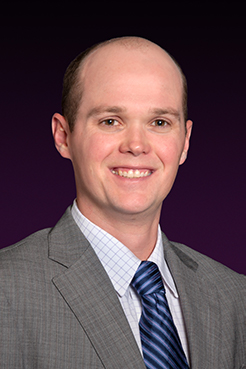New antibody prevents malaria infection in small U.S. study
Anopheles mosquitos carry Plasmodium falciparum, the most common and deadly malaria parasite. Photo: Getty Images
Leidos Biomedical Research (LBR) manufactured an experimental anti-malaria antibody drug for a small clinical trial that demonstrated the antibody was safe and highly protective in 15 of 17 healthy U.S. adults exposed to the malaria parasite.
The early-phase trial was sponsored and funded by the National Institute of Allergy and Infectious Diseases (NIAID), part of the National Institutes of Health. The drug, called L9LS, was developed by scientists at the NIAID Vaccine Research Center (VRC).
Why you should know: Malaria kills more than half a million people each year, nearly 80% of them children under five.
Although the World Health Organization (WHO) approved the first malaria vaccine last year, new treatments are needed to save lives.
Details: L9LS disrupts the lifecycle of Plasmodium falciparum, the most common and deadly malaria parasite, which is carried and transmitted by Anopheles mosquitos.
The New England Journal of Medicine detailed the trial results.
Leidos impact:
- The LBR team transferred manufacturing and testing technology, executed production of bulk material and vialed large quantities of the L9LS antibody in under 12 months during the pandemic.
- LBR produced the required clinical materials in a single batch, avoiding expensive duplication, to support the first and second phase of clinical trials.
- LBR identified raw materials with difficult lead times and worked with suppliers to forecast quantities needed to support manufacturing.
From the source: Dr. David Lindsay, director of the program that manufactured the drug, says the project was executed at a record-setting pace despite the ongoing pandemic.
“This is truly a success story in innovative approaches in research and clinical product development,” Lindsay said.
Looking ahead: According to Lindsay, clinical supplies of L9LS from LBR have shipped to the Malaria Research and Training Center located in the Republic of Mali and to clinics in Kenya, for two larger, NIAID-sponsored clinical trials of the antibody drug in these malaria-endemic countries. The trials are designed to discover if low-dose subcutaneous (under the skin) injections of L9LS can safely protect infants and young children from malaria infection for up to 12 months.
This work was conducted by the Vaccine Clinical Materials Program (VCMP) directorate at Leidos Biomedical Research, in support of the VRC and NIAID.
Please contact the Leidos media relations team for more information.
Related:

